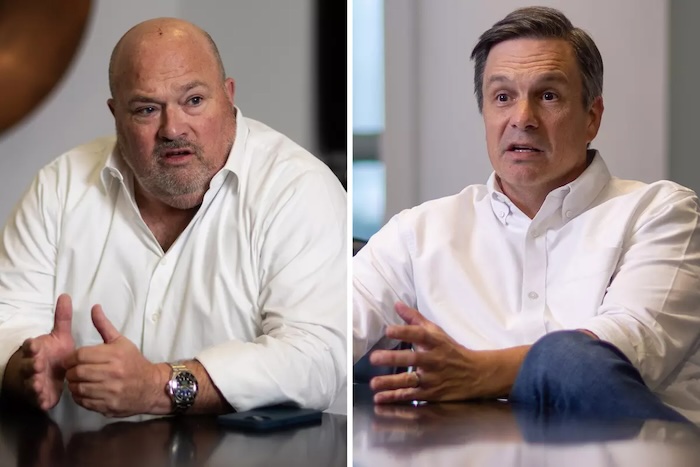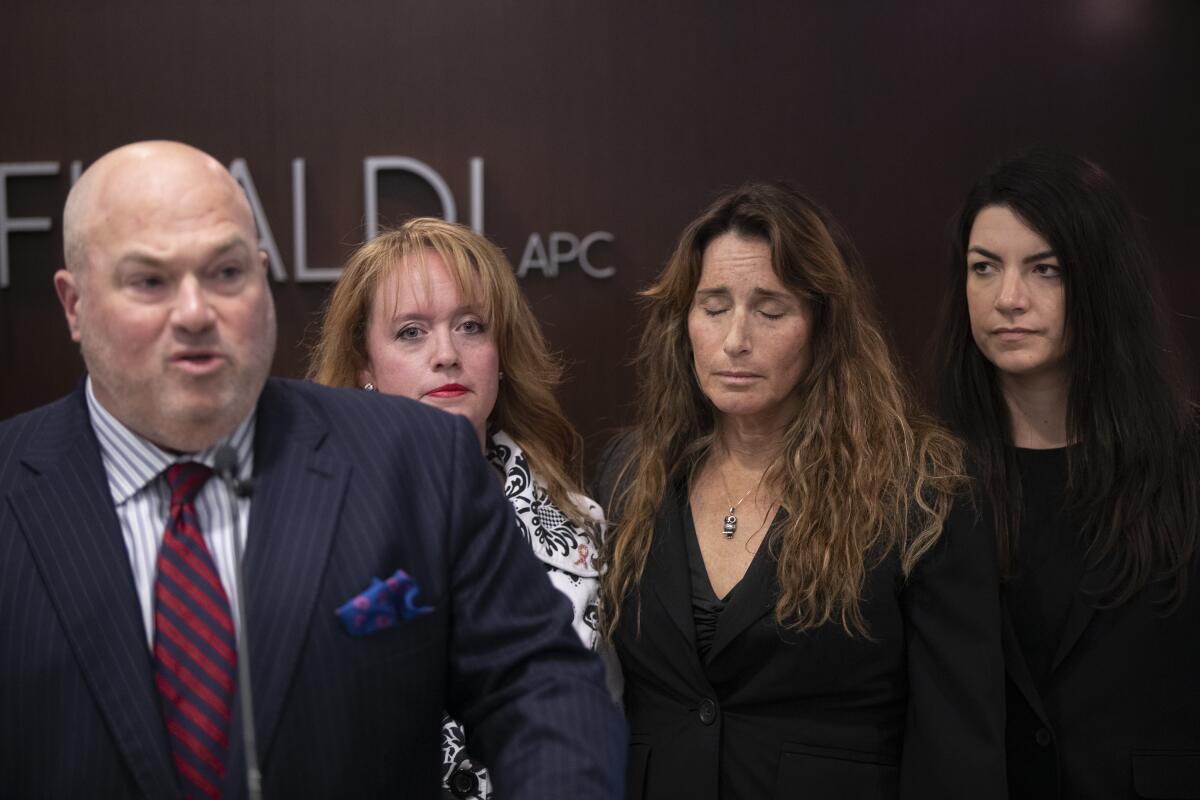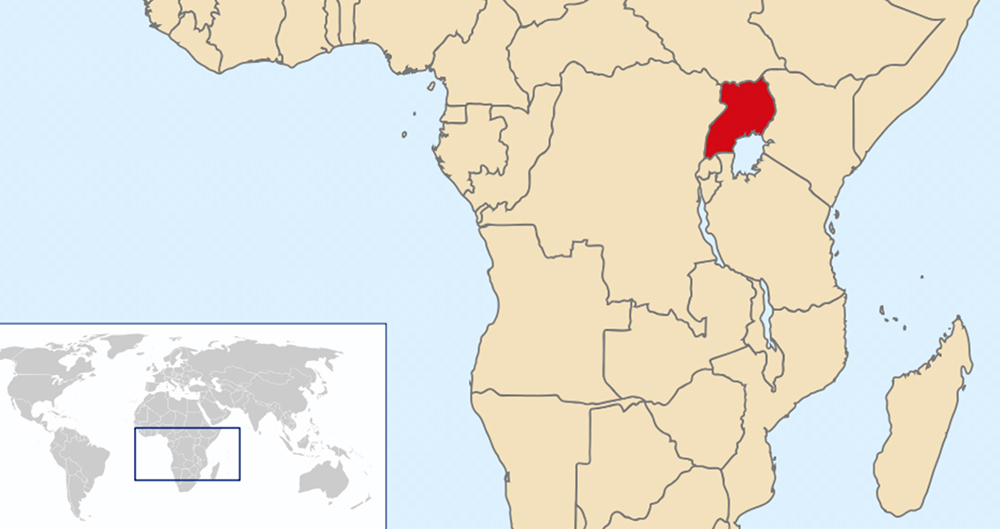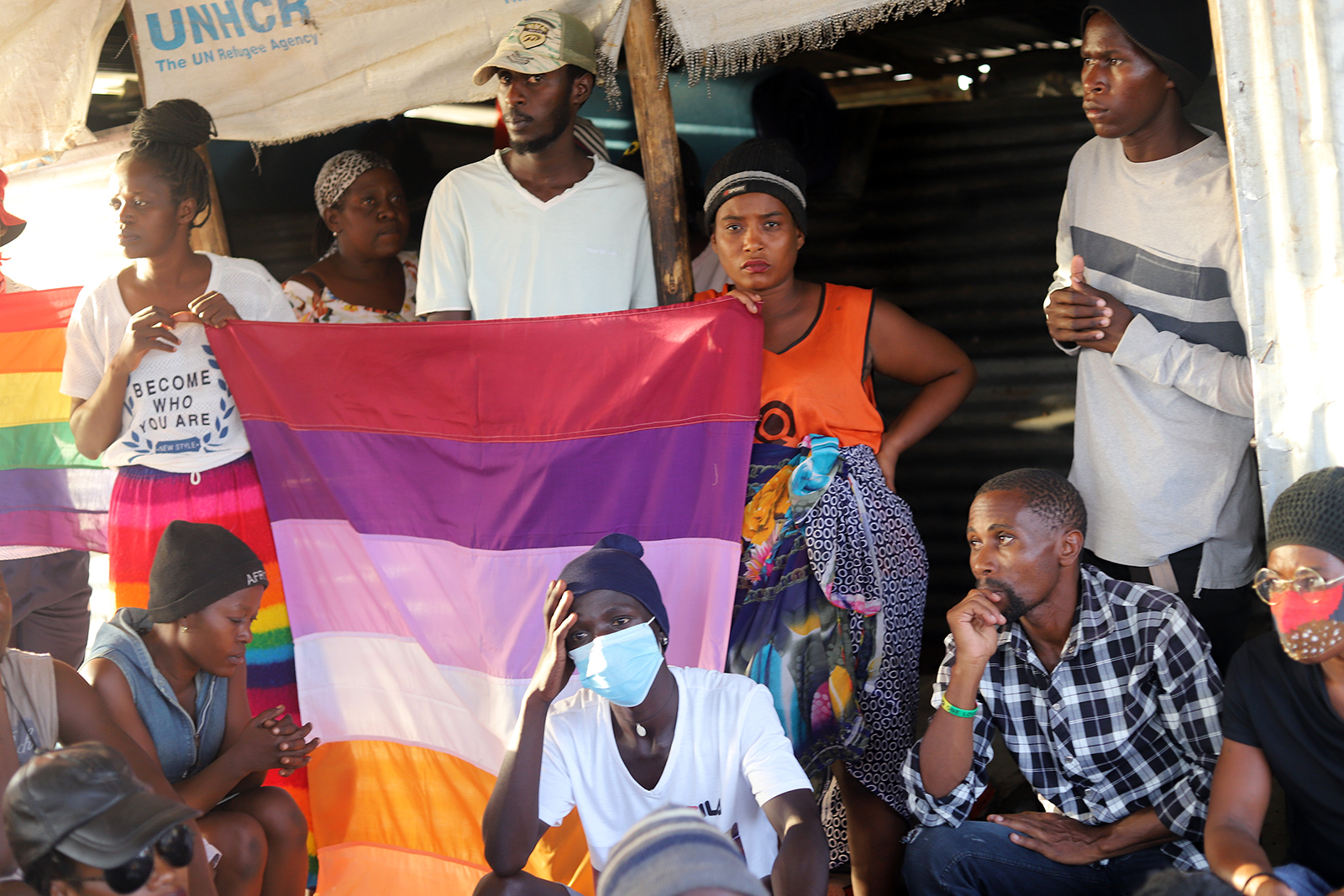— A monster who won’t leave my life

Most reporters have covered a story so disturbing that they never want to think about it again — yet the evil subject makes it impossible to ever forget.
My cross to bear is Father Eleuterio Ramos.
The Montebello native terrorized Catholic parishes in Orange and Los Angeles counties during the 1970s and 1980s, once admitting to detectives that he had molested “at least” 25 boys. Church officials knew about Ramos’ depravity almost from the beginning of his career, yet never turned him over to law enforcement or even removed him from the ministry. Instead, they moved him from parish to parish until the Diocese of Orange asked the Diocese of Tijuana in 1985 to accept him — after he confessed to having “slipped,” according to a church memo.
The Orange diocese settled five sex abuse lawsuits against Ramos during the 1990s. Eleven lawsuits were still pending when Ramos died 20 years ago this March at age 65. I was a young reporter at the time. The Catholic Church sex abuse scandal was my first big story — and Ramos was my Moby Dick.
I interviewed many of his victims, shared tips and photos with the lawyers who were trying to find his whereabouts just like I was, and read through hundreds of pages of once-secret personnel files. They revealed in excruciating detail not just Ramos’ sex crimes but the sin of silence practiced by his superiors. He was the subject of the longest story of my career — over 10,000 words — in late 2005 and dozens of articles in the years that followed.
Yet long after my regular coverage petered out, Ramos remains in my life.
He’s there every time I attend a baptism, wedding or funeral at St. Anthony Claret in Anaheim, a church frequented by people from my ancestral ranchos in Zacatecas that is the last O.C. parish where Ramos served. Every couple of years, a Ramos victim finds my work on their molester and reaches out to thank me. Any time I’ve had an urge to return to the Catholic Church, I remember why I stopped attending Mass in the first place: my disgust at the local bishops and monsignors who let Ramos molest with impunity.
Ramos has cast such a specter over me that when I received a text from attorney John Manly that his firm had reached a large settlement in a clerical sex abuse case, I immediately guessed who the perpetrator was.
The plaintiff alleged that Ramos and another priest, Siegfried Widera, molested him while he attended Immaculate Heart of Mary in Santa Ana during the 1970s and 1980s. Church leaders in Orange and Los Angeles counties did nothing to stop the abuse, despite repeated warnings from parishioners, staff and even a fellow priest, the lawsuit alleged.
The $10-million settlement, finalized in December, requires the Archdiocese of Los Angeles, where Ramos began his career and which had jurisdiction over Catholic churches in Orange County until 1976, to pay $500,000. The Orange diocese will cover the other $9.5 million.
Through Manly, the plaintiff declined to speak to me. The Times does not identify victims of sexual abuse without their consent.
In a statement, spokesperson Jarryd Gonzales said that the Orange diocese “deeply regrets any past incidences of sexual abuse,” adding that “the allegations in this case date back more than 40 years and do not reflect the Diocese of Orange as it stands today.”
Archdiocese of Los Angeles spokesperson Yannina Diaz said she couldn’t comment on the terms of the settlement, which was finalized in December. The archdiocese “stands against any sexual misconduct and is resolute in our support for victim-survivors of abuse regardless of when the abuse occurred,” she said.
The recent settlement is Manly, Stewart & Finaldi’s largest involving an individual plaintiff in a sex abuse case against the Catholic church and one of nearly 4,000 cases filed against Catholic dioceses across California under a 2020 state law that opened a three-year window for sex abuse victims to sue, with no statute of limitations. Manly, who with his law partner, Morgan Stewart, has spent nearly the past quarter-century suing the Catholic Church in California and beyond, is handling over 200 of those cases, 25 of them against the Orange diocese.
Nine of the lawsuits name Ramos.

I recently visited Manly and Stewart at their law offices, which take up the eighth floor of an Irvine high-rise. The lobby and conference room feature newspaper and magazine clippings from a career pursuing some of the most notorious sex abuse cover ups of this century. The Archdiocese of Los Angeles. Miramonte Elementary in South L.A. The Boy Scouts. Gynecologists at USC and UCLA. USA Gymnastics.
Thousands of clients. Over $1.5 billion in settlements.
Manly and Stewart sat at opposite ends of a huge table along with Courtney Thom, a former Orange County sex crimes prosecutor who joined their firm three years ago. I’ve known the two men for 20 years now, and they really haven’t changed. Manly remains the loud one with a wicked sense of humor and the bluster of a defensive line coach, while Stewart is still the quiet-yet-forceful voice of reason.
We exchanged our usual pleasantries, then got down to the business that seemed to reunite us every couple of years.
“I’m up to 62 [Ramos] victims,” Stewart said. “Every f— place that had a school, they placed him there.”
“You have all these connecting pieces, and church leaders didn’t do anything,” Manly interjected. Then he threw his hands over his head. “Well, they did worse than that. They actively concealed.”
Manly first heard about Ramos in the late 1990s, when he was deposing then-Orange Bishop Norman McFarland — who presided over my First Communion — in another sex abuse case. At one point, McFarland named one of Ramos’ victims, a friend of Manly who had graduated alongside him at Mater Dei but never told him about the abuse.
Manly asked for a break. He went to the bathroom and vomited.
“That event is the reason I stopped going to Mass,” he said.
In late 2004, his firm settled five Ramos cases against the Orange diocese as part of a $100-million settlement involving 87 victims — at the time, the largest settlement against a Catholic diocese in the U.S. They moved on to other cases, but Ramos’ pervasiveness and perversity haunted the two.
“He’s a case study of how to molest boys,” said Stewart.
“The thing about Ramos is that he’s so relentless at what he did, and so blatant,” Manly added. “He never stopped hiding things at all.”

Taking on more Ramos cases allowed Stewart to find new evidence of how far church officials went to cover up for the priest. Personnel files showed that the Orange diocese removed Ramos from Immaculate Heart of Mary and sent him to a Massachusetts recovery facility for Catholic priests — for alleged alcoholism. Stewart got a sworn affidavit from Ramos’ counselor at the facility, who said she had recommended that he not return to the ministry.
“If you know anything about Ramos, you know the depth of hurt he caused,” Manly exclaimed, his angry voice ringing in the conference room. Stewart and Thom nodded. “So why did they keep him? People kept threatening to call the police. There’s all this reporting, and nothing.”
I, too, found new connections going through my Ramos files. I once uncovered a 1975 Archdiocese of Los Angeles memo addressed to a Monsignor Hawkes, recommending that Ramos enter psychological care at the suggestion of “the district attorney as a result of a recent incident.”
Reading it again, I realized who the monsignor was: Benjamin Hawkes, long one of the most powerful men in the Archdiocese of Los Angeles and someone who church officials concluded had molested boys and settled with two of his victims.
Ramos remains the gift that keeps on giving — gifts no one should ever want to receive.
After speaking to them for about an hour, I asked Manly and Stewart if going after monsters like Ramos ever weighed on them.
“What am I going to do?” Manly deadpanned. “Sell hot dogs?” Then he got serious.
“For 25 years, I’ve made close friends, and I think our work has changed the world.” Going after sex abuses “was my vocation,” Manly said.
“I don’t intend to stop,” Stewart added. “I spoke to 10 survivors this morning. What keeps me going is every one of those expressed their gratitude. They’ll say, ‘When I see your name in the paper, I say, ‘I’m proud you’re my lawyer.’ You see these people that need a voice, and you give it to them.”
“I wreck every cocktail party when I tell them what I do,” Manly cracked, unable to resist another joke, because that’s the type of guy he is. Then he grew quiet.
“But like the saying goes, you want to be on the side of the angels.”
Complete Article ↪HERE↩!












